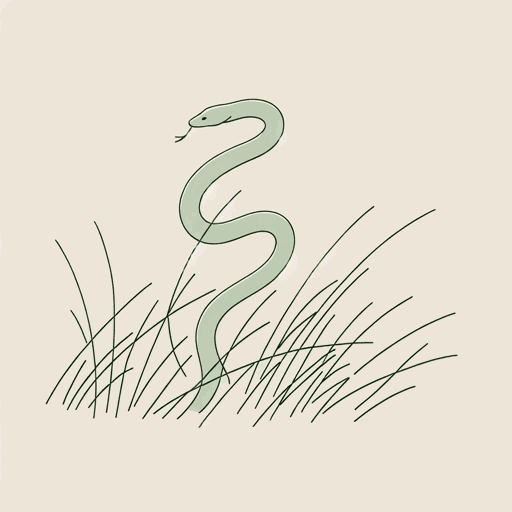18 pages • 36 minutes read
Emily DickinsonWhat mystery pervades a well!
Fiction | Poem | Adult | Published in 1896A modern alternative to SparkNotes and CliffsNotes, SuperSummary offers high-quality Study Guides with detailed chapter summaries and analysis of major themes, characters, and more.
Themes
Human Arrogance
Dickinson’s poem deals with the arrogance that people often feel in the face of nature as a result of not understanding it very well. This idea is particularly overt in the third stanza:
The grass does not appear afraid,
I often wonder he
Can stand so close and look so bold
At what is awe to me (Lines 9-12).
The grass (here personified as male) feels no fear or awe in the face of fathomless power. Its unearned confidence parallels that of the male naturalists studying nature with a lack of respect to the great feminine mystery behind it. The speaker’s tone in this stanza is ambivalent—vaguely envious of the grass’s ability to withstand “what is awe to me” while at the same time aware that the sublimity the speaker is experiencing is a sign of greater wisdom and understanding.
The metaphor continues into the fourth stanza, observing the wild sedge grass at the seaside: “Where he is floorless / And does no timidity betray” (Lines 19-20). The relationship here is the same as that between the grass and the well, with one key difference: The sedge grows on unstable ground, in danger of collapsing into 







Related Titles
By Emily Dickinson

A Bird, came down the Walk
Emily Dickinson

A Clock stopped—
Emily Dickinson

A narrow Fellow in the Grass (1096)
Emily Dickinson

Because I Could Not Stop for Death
Emily Dickinson

"Faith" is a fine invention
Emily Dickinson

Fame Is a Fickle Food (1702)
Emily Dickinson

Hope is a strange invention
Emily Dickinson

"Hope" Is the Thing with Feathers
Emily Dickinson

I Can Wade Grief
Emily Dickinson

I Felt a Cleaving in my Mind
Emily Dickinson

I Felt a Funeral, in My Brain
Emily Dickinson

If I Can Stop One Heart from Breaking
Emily Dickinson

If I should die
Emily Dickinson

If you were coming in the fall
Emily Dickinson

I heard a Fly buzz — when I died
Emily Dickinson

I'm Nobody! Who Are You?
Emily Dickinson

Much Madness is divinest Sense—
Emily Dickinson

Success Is Counted Sweetest
Emily Dickinson

Tell all the truth but tell it slant
Emily Dickinson

The Only News I Know
Emily Dickinson
